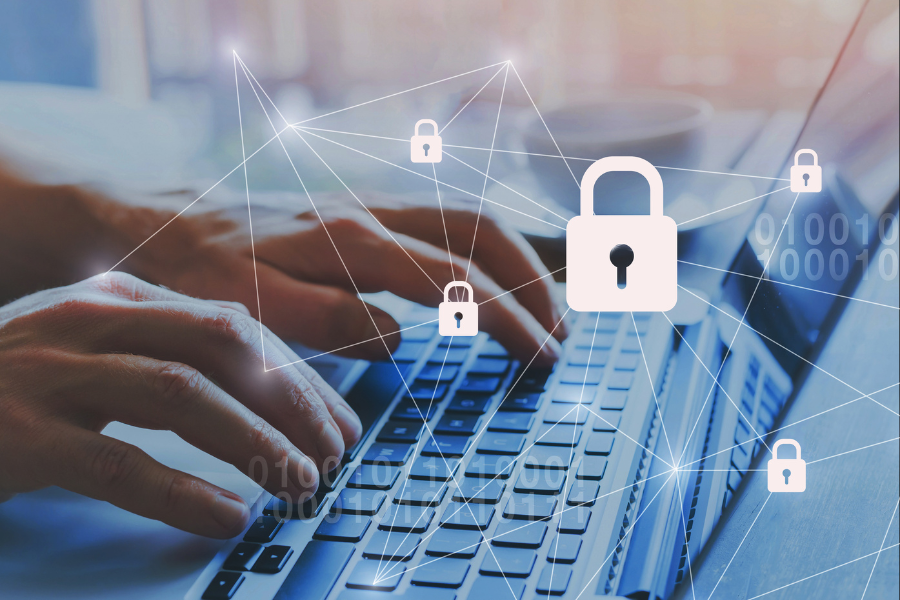
The Intersection of Data Privacy and Personal Finance
January 31, 2024
In honor of Data Security Day earlier this week, we decided to write about data privacy as it relates to personal finance. In the digital age, the importance of data privacy in personal finance cannot be overstressed. As financial transactions and services increasingly move online, the need to protect sensitive financial information has become paramount. This blog will explore why data privacy is critical in managing your personal finances and how you can safeguard your financial data.
The Growing Risk in the Digital Financial Landscape
The convenience of digital banking, online shopping, and financial apps comes with increased risks. Cybercriminals are continuously devising new methods to breach data security, targeting financial information for identity theft and fraud. A single data breach can lead to significant financial loss and damage to your credit score.
The Impact of Data Breaches on Personal Finance
When personal financial information is compromised, the consequences can be severe. Victims of data breaches often face unauthorized transactions, drained bank accounts, or new credit lines opened in their names. Repairing the damage can be time-consuming and costly, not to mention the emotional distress it causes.
The Role of Financial Institutions in Data Protection
Banks and financial institutions are at the forefront of combating cyber threats. They implement advanced security measures like encryption, two-factor authentication, and continuous monitoring to protect client data. However, the responsibility for data protection is not theirs alone.
Personal Responsibility in Safeguarding Financial Data
You play a crucial role in protecting your financial data. Here are some steps you can take:
- Use Strong, Unique Passwords: Avoid using easily guessable passwords and ensure that each of your financial accounts has a unique password.
- Enable Two-Factor Authentication: This adds an extra layer of security to your accounts.
- Be Wary of Phishing Scams: Never click on suspicious links or provide personal information in response to unsolicited emails or calls.
- Regularly Monitor Your Accounts: Check your bank and credit card statements regularly for any unauthorized transactions.
- Use Secure Networks: Avoid accessing your financial accounts on public Wi-Fi networks.
- Stay Informed: Keep abreast of the latest in cybersecurity and be aware of the common tactics used by cybercriminals.
The Future of Financial Data Privacy
As technology evolves, so do the methods to protect financial data. Innovations like blockchain and artificial intelligence are being explored for their potential to enhance data security. However, staying informed and vigilant is the best defense against the ever-evolving threats in the digital world.
Financial Sense & Security Protocols
Financial Sense takes security very seriously. To learn more about the measures we take to protect our clients’ information, check out our How it Works page, and scroll down to the “Keeping you Safe” section. Reach out with any additional questions!
